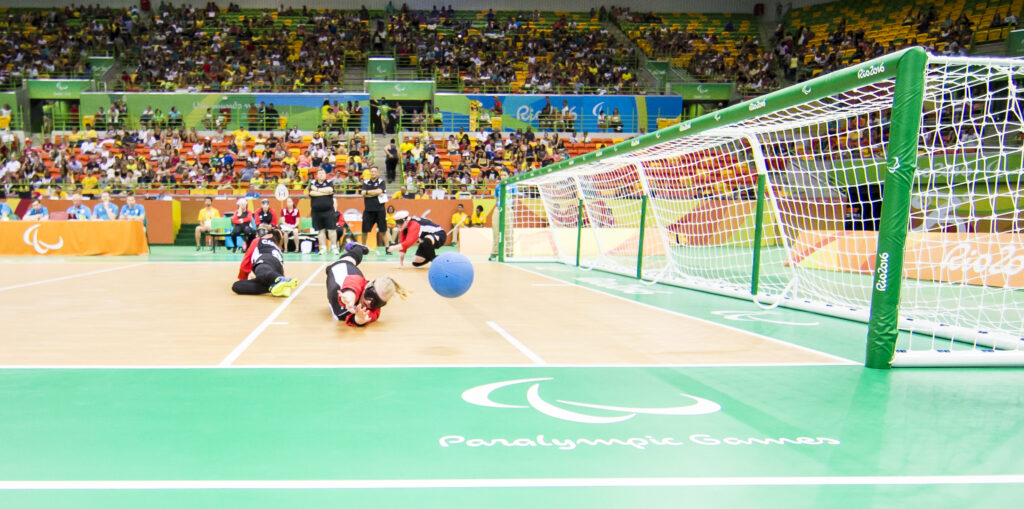Para sport pathways
Researchers at Western University are partnering with the Commonwealth Games Federation to identify the factors that drive inclusion in Para sport and to develop a high performance pathway for Para athletes in the Commonwealth region of the Caribbean and the Americas. Preliminary findings show that access to athlete classification is a current limitation to both…
Enhancing sport and physical activity participation for Canadians with disabilities

Highlights When Jenny Davey first started working at the Canadian Paralympic Committee (CPC) in 2014, she had no idea how much a fledgling research partnership would shape the work she does in the Paralympic sport system 8 years later. “I never would have thought, ‘well, 8 years from now, I’m going to be able to…
Baseline testing for Para athletes
Baseline testing can help to identify when an athlete is ready to return to play following a concussion. However, it’s important that healthcare providers to be aware of the symptoms and signs that can exist in a Para athlete’s non-concussed state. For example, athletes with cognitive impairment may have difficulties with memory and concentration, and…
Powerchair sports
Powerchair sports are played by people with disabilities who use power wheelchairs. Powerchairs make sport accessible to athletes with a range of disabilities and eliminate performance differences usually associated with gender and age. Because of this, powerchair sports are considered some of the most inclusive sports: athletes of diverse abilities, ages and genders compete together on…
Role model moms
“My daughter once told me, ‘Mum, you do everything for us. You should do something for yourself,” recalls 4-time Paralympian Ina Forrest, reflecting back on the early days of her wheelchair curling career. Over the years, Forrest has come to appreciate how her involvement in sport has modeled important values for her children, including how…
Achieving accessibility
People with disabilities face more than 200 barriers to physical activity participation. As a result, children, youth and adults with disabilities are up to 62% less likely to meet the World Health Organizations physical activity guidelines than the general population. While the Paralympic Games have the potential to inspire sport participation, serious action and investments…
Commonwealth Day
Today is Commonwealth Day, an annual celebration of the Commonwealth nations. This year, the XXII Commonwealth Games will take place in Birmingham, England, from July 28 to August 8. The Birmingham 2022 competition schedule features a fully integrated Para sport program and, for the first time in Commonwealth Games history, more medal events for women…
Athlete recovery in Para sport
Recovery from training can help athletes reduce injuries and enjoy longer careers, but very little is known about athlete recovery in Para sport. According to new research, collaborating with athletes, trusting athletes’ expertise about their bodies, and individualizing recovery strategies are important considerations for practitioners working with Para sport athletes.
Increased concussion risk for Para athletes
Para athletes are frequently exposed to concussion risk, particularly in high-speed and impact type sports such as Para alpine skiing, Para ice hockey and wheelchair basketball. They’re also exposed to concussion risk in sports where the risk to the non-Para athlete would be considered low, for example, in track-wheelchair racing, where crashes happen often.
Athlete development in Para sport
Athlete development pathways in Para sport can be varied and complex, research shows. Different classification systems, disability-specific characteristics, and individual athletes’ histories can all impact development pathways. Researchers conclude that Para sport needs its own development models that account for the complexity of Para athlete experiences.